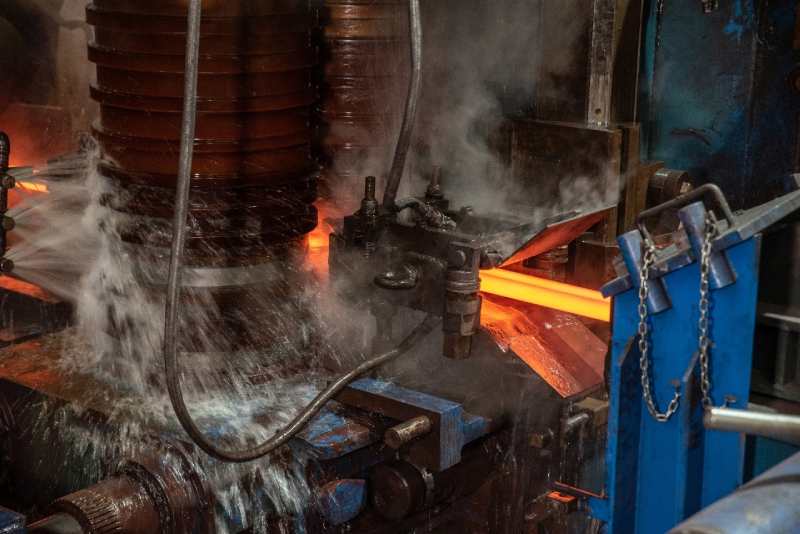The Long Rolling course provides an in-depth understanding of the long rolling process used in metal manufacturing. This course covers the principles of metal deformation, equipment operation, and the techniques necessary for producing high-quality rolled products. Students will learn about the various types of rolling mills, roll configurations, and the impact of processing parameters on material properties. By the end of the course, participants will be equipped with the knowledge and skills to effectively operate and optimize long rolling processes in a production environment, ensuring efficiency and quality in metal fabrication.

Our program is designed to provide you with a solid foundation in long rolling, preparing you for a successful career in the industry. This course combines theoretical knowledge with practical application, ensuring you gain the skills needed to thrive. From the physics behind to the plant design, operation and maintenance, you will understand how and why technical solutions, operating practices and performance monitoring are selected to maximize the plant profitability.







1. Basic Education (Mandatory)
High School Diploma or Equivalent: A minimum qualification required for entry, particularly for courses related to engineering and manufacturing.
2. Technical Qualifications (Not Always Required)
3. Mathematical Knowledge
Basic knowledge of mathematics, particularly in areas like geometry and physics, is often required, as these are used in rolling mill calculations for material flow, temperature control, etc.

1. Manufacturing or Production Experience (Preferred)
2. Understanding of Metallurgical Processes (Beneficial)
3. Technical Skills
4. Safety Knowledge
With over five decades of experience in the rolling mill and long products industry, Giuliano brings a wealth of knowledge and expertise.
He has held key positions at Siemens and Pomini, where he managed technical proposals and was responsible for major projects across the Far East. Currently, he leads his own consultancy, offering specialized services in process engineering and equipment analysis to clients worldwide, including in Azerbaijan, Belgium, and Egypt.
His deep understanding of rolling mill processes, combined with strong leadership and team management skills, make him an ideal guide for this course.